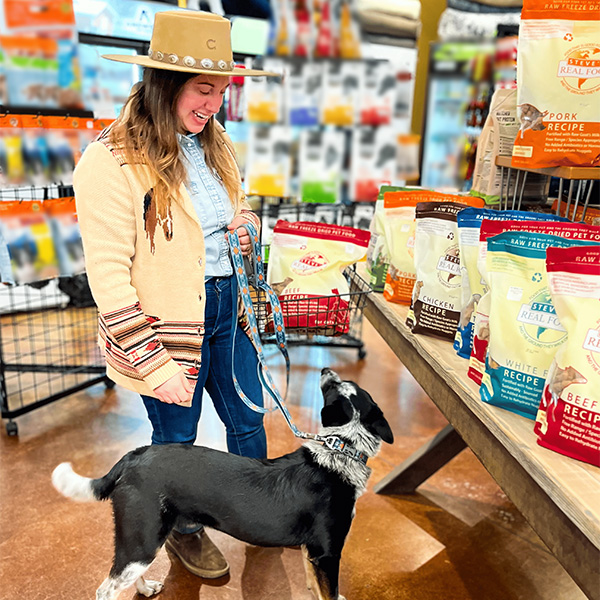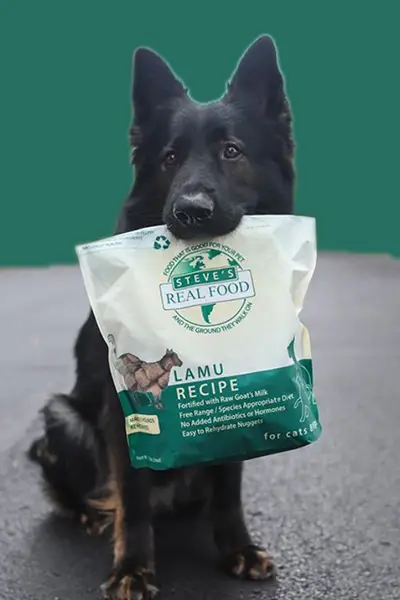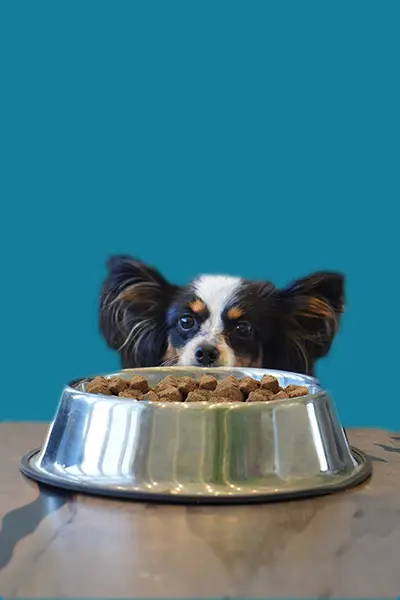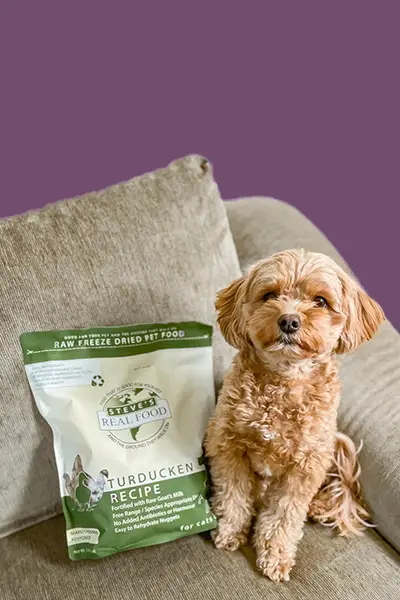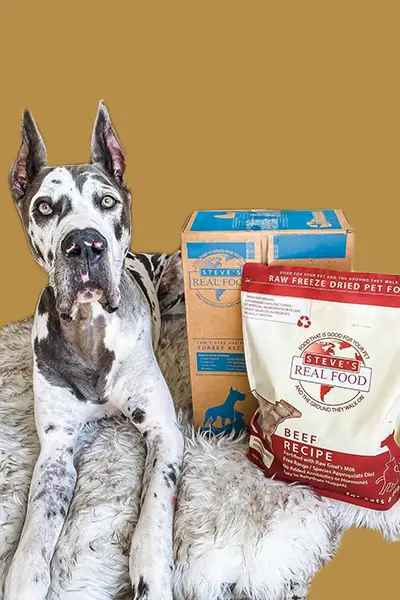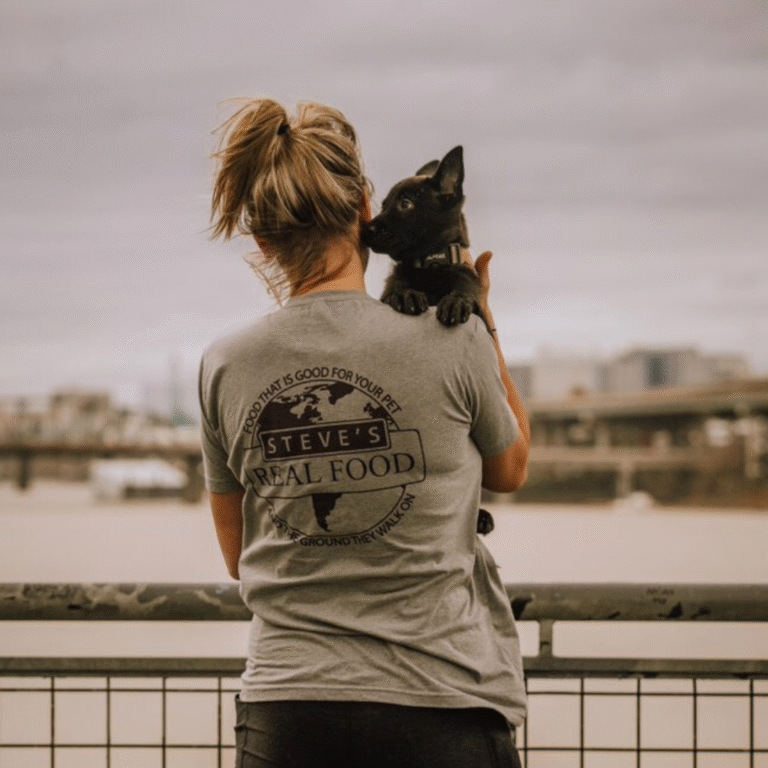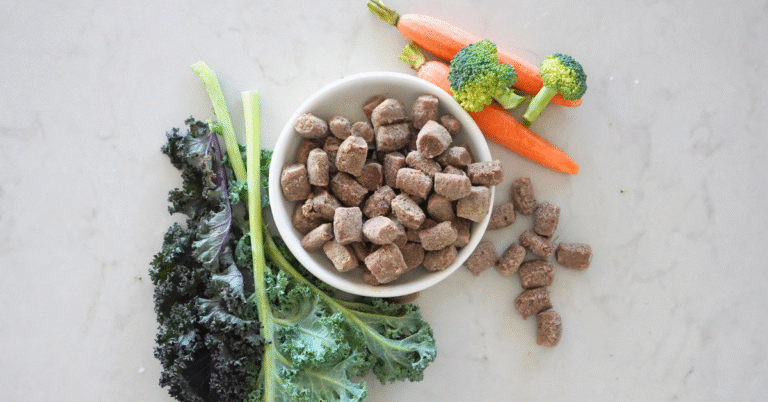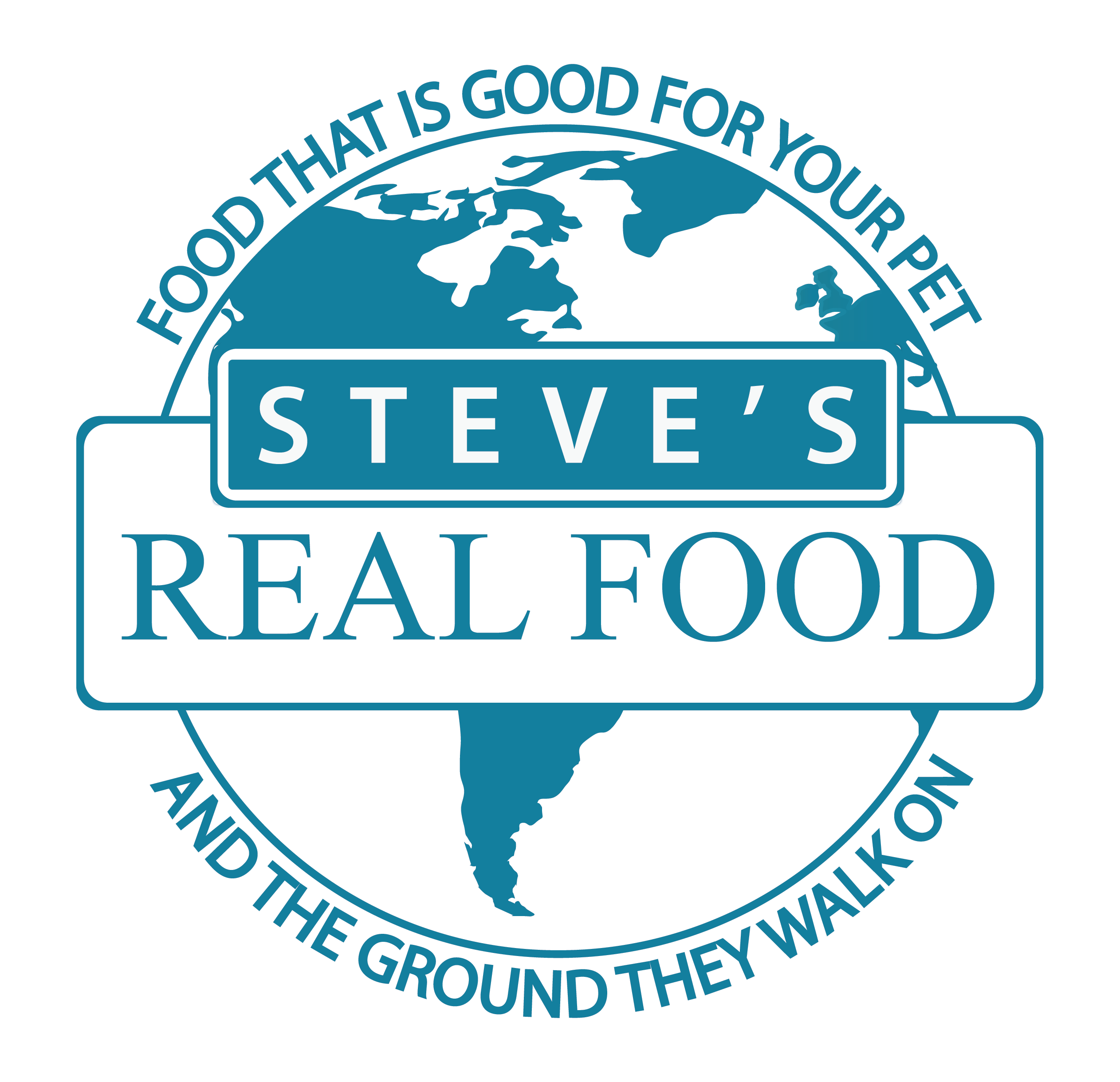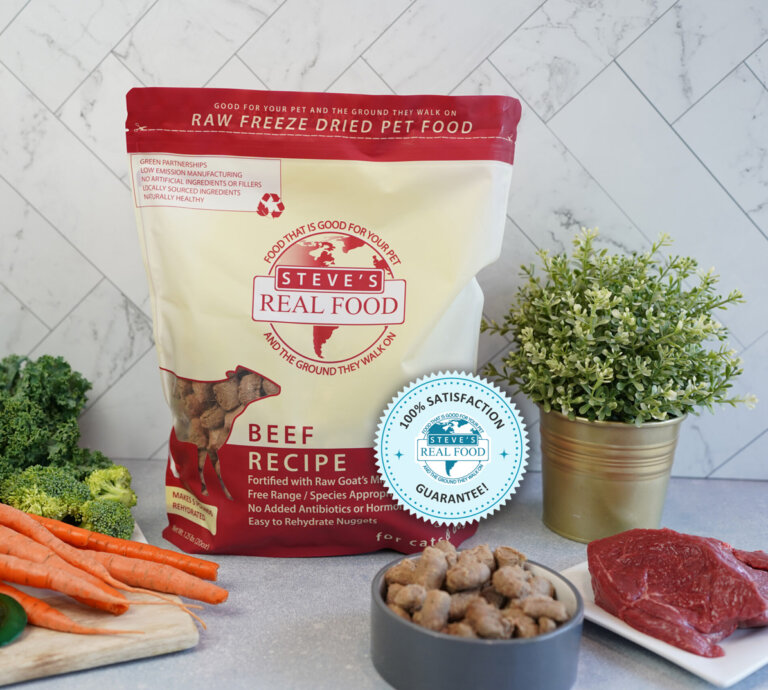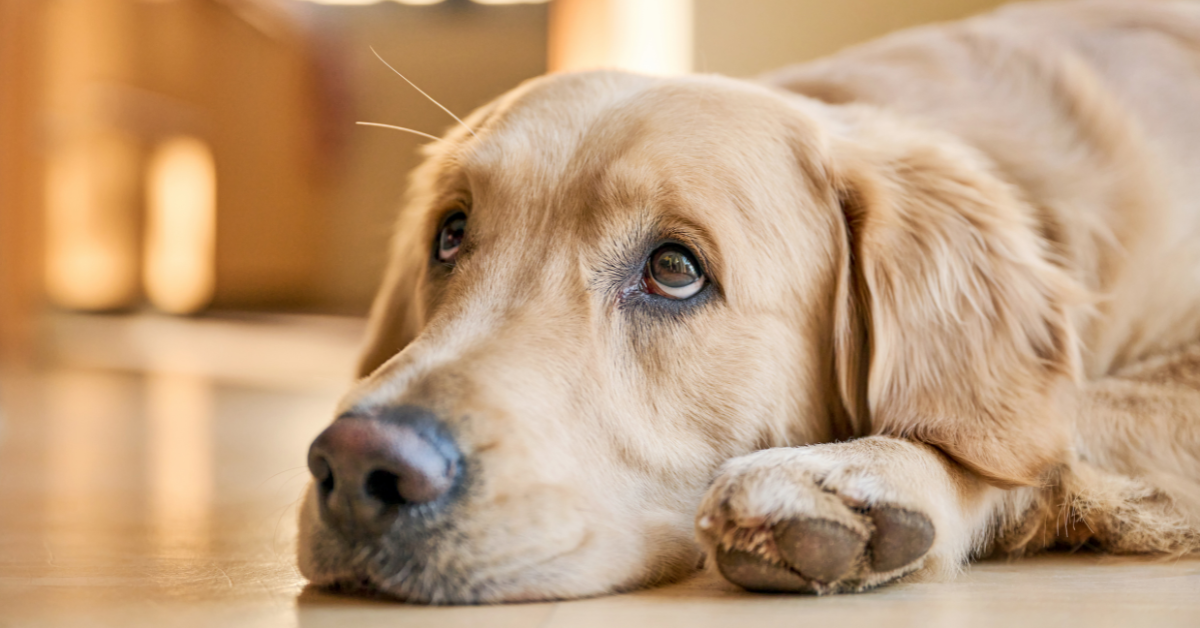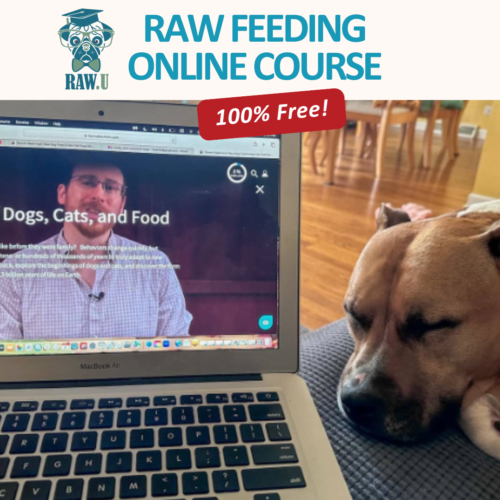Diarrhea is quite a common canine affliction as your pet will put almost anything in its mouth. This problem is a symptom of gastrointestinal issues and is characterized by loose, frequent stools which may be accompanied by abdominal pain and lethargy. Diarrhea varies in duration, intensity, and frequency from one dog to another.
While you might not be able to completely prevent diarrhea in your pet, knowing as much as you can about it could help you limit the occurrence of these nasty episodes.
Causes of Diarrhea in Dogs
Quite a number of things can disrupt your dog’s digestive system balance causing diarrhea. Some of the most common causes of loose stools in dogs include:
- Dietary indiscretion – eating spoiled food could lead to what is referred to as garbage toxicosis in veterinary circles. If your dog eats something inappropriate such as too much grass or rocks, it could irritate the digestive system resulting in diarrhea.
- Sudden change in your dog’s diet – it takes a few days for your pet’s digestive system to adapt to new diets. This is the reason why most dog-food companies instruct pet owners to go slow when switching from one dog food brand to another.
- Food intolerance – just like humans, your dog may be hypersensitive to dairy foods or those rich in gluten and fats.
- Parasites – intestinal parasites such as roundworms, whipworms, hookworms, coccidia, and giardia could be the underlying cause of your pet’s loose stool. These can lead to severe stomach problems. Therefore, take your dog to the vet immediately you suspect parasitic infestation for a proper diagnosis and prognosis.
- Stress – dogs are sensitive creatures and are prone to highs and lows. Irregular bowel movement in your dog could be caused by stress, anxiety, and emotional imbalance.
- Medication – most medications administered on your four-legged friend have gastrointestinal side effects such as diarrhea.
How to Stop Dog Diarrhea Naturally at Home
Although undesirable, diarrhea is nature’s way of helping your pet flush out toxins from its system. As long as your pet is not overly lethargic, there are no blood spots in the stool, and it does not show signs of being in pain, it is safe to try to treat diarrhea naturally through the following ways:-
- Keep your pet hydrated – just like humans, diarrhea in your pet dehydrates him pretty fast. Make sure your pet drinks lots of clean water. If need be, add Pedialyte or beef/chicken broth to the water to motivate him to drink.
- Activated charcoal – this is an effective treatment for dog intoxication and is sold in most drug stores. Depending on your dog’s size and if it has no other clinical symptoms, add one to three tablets or half a teaspoon to one teaspoon of activated charcoal powder to your dog’s drinking water.
- Raw Goat Milk – Raw goat milk is packed with vitamins, minerals, proteins, fatty acids, enzymes, trace elements, probiotics, and prebiotics. Raw goat milk helps in the digestion process and is more tolerable for your pet compared to cow’s milk.
- Canned pumpkin – plain canned pumpkin is great for your dog as has high fiber content. It is also a rich source of vitamins, minerals, and prebiotics. Add one to four tablespoons of pumpkin to your pet’s food depending on its size.
When Should I be Concerned about Dog Diarrhea?
If your pet is experiencing diarrhea due to diet changes or because he ate something inappropriate, he is probably okay, and diarrhea will resolve in a day or two with simple home care. However, if dog diarrhea persists for more than two days or are accompanied by the following symptoms, you will need to contact your vet right away.
- Lots of blood in the stool (this is characterized by red blood or dark/blackish stool)
- Vomiting
- Lack of appetite
- Reduced urination
- Pain and discomfort
- Extreme lethargy
- Changes in behavior
Your pet’s wellbeing is likely to be compromised by ongoing diarrhea if he is too small, too young, very old, or if he is already battling another medical condition such as kidney disease or diabetes. Such dogs can rapidly succumb to dehydration.
 Beef
Beef Chicken
Chicken Whitefish
Whitefish Pork
Pork Lamb
Lamb Turkey
Turkey Turducken
Turducken All Protein
All Protein Beef
Beef Chicken
Chicken White Fish
White Fish Pork
Pork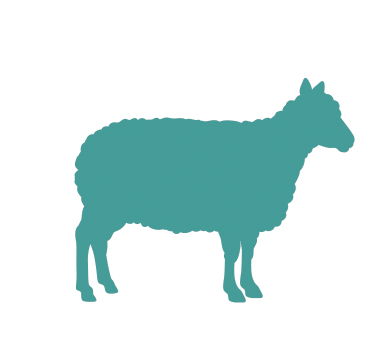 Lamb
Lamb Turkey
Turkey Duck
Duck All Products
All Products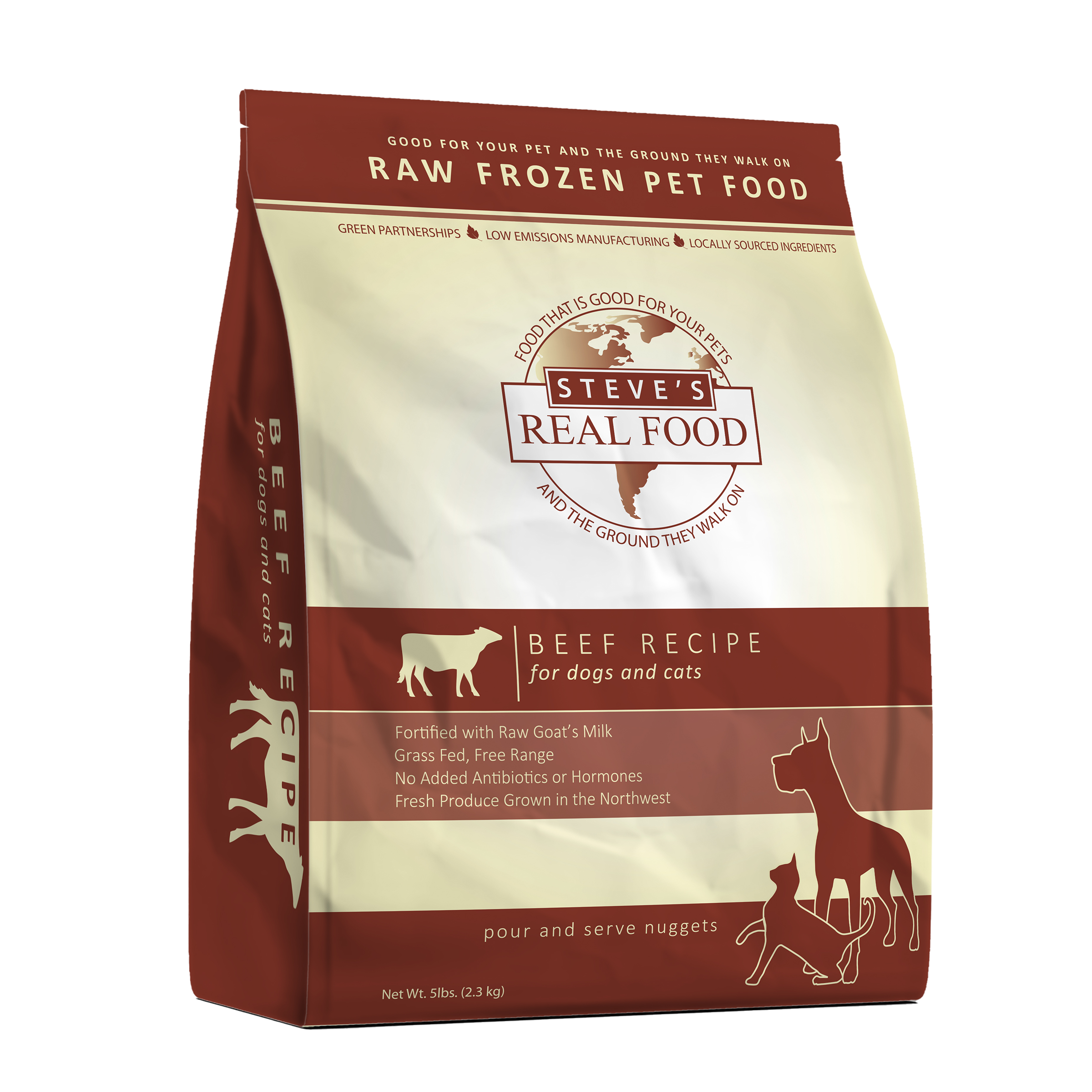 Frozen Raw Pet Food
Frozen Raw Pet Food
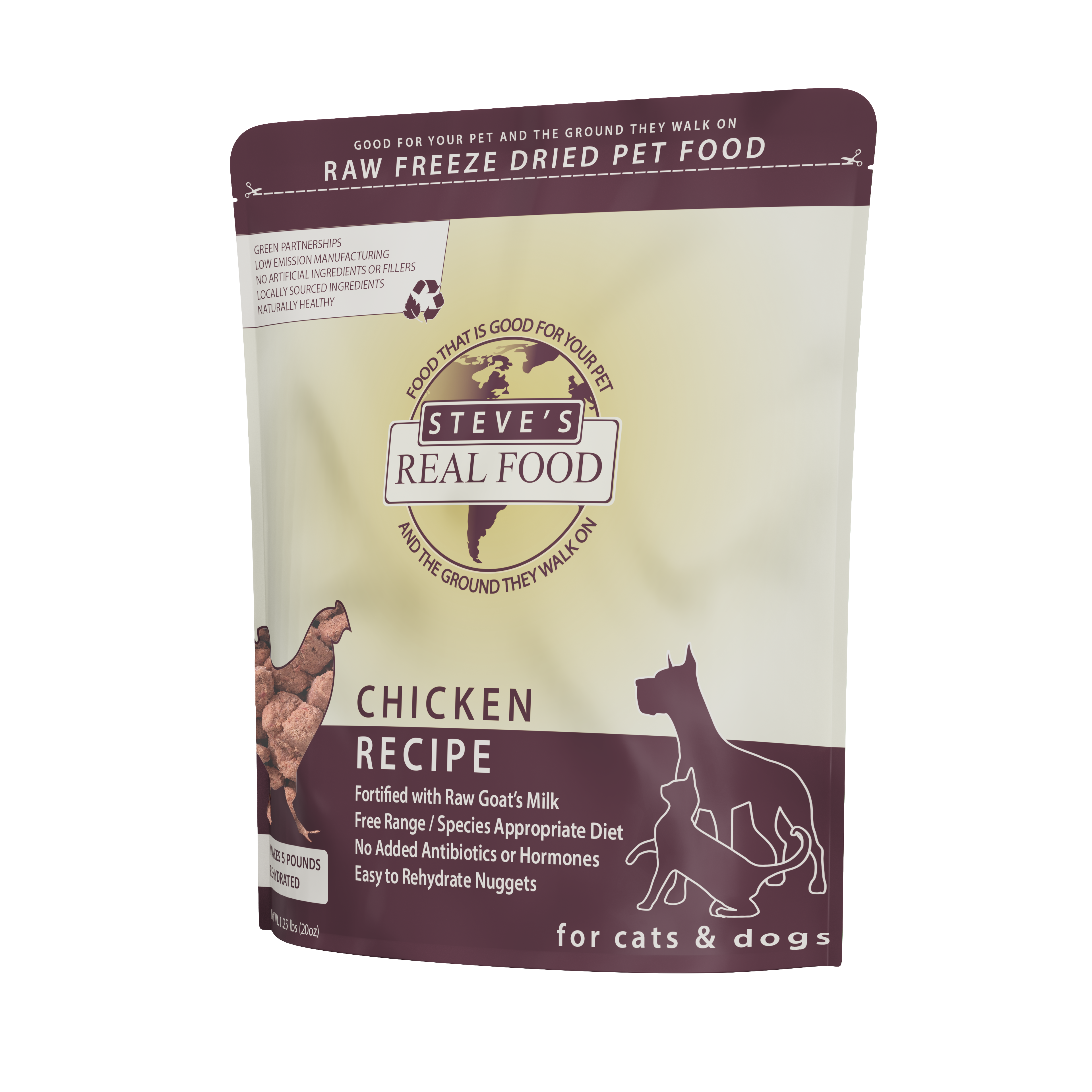 Freeze Dried Raw Pet Food
Freeze Dried Raw Pet Food
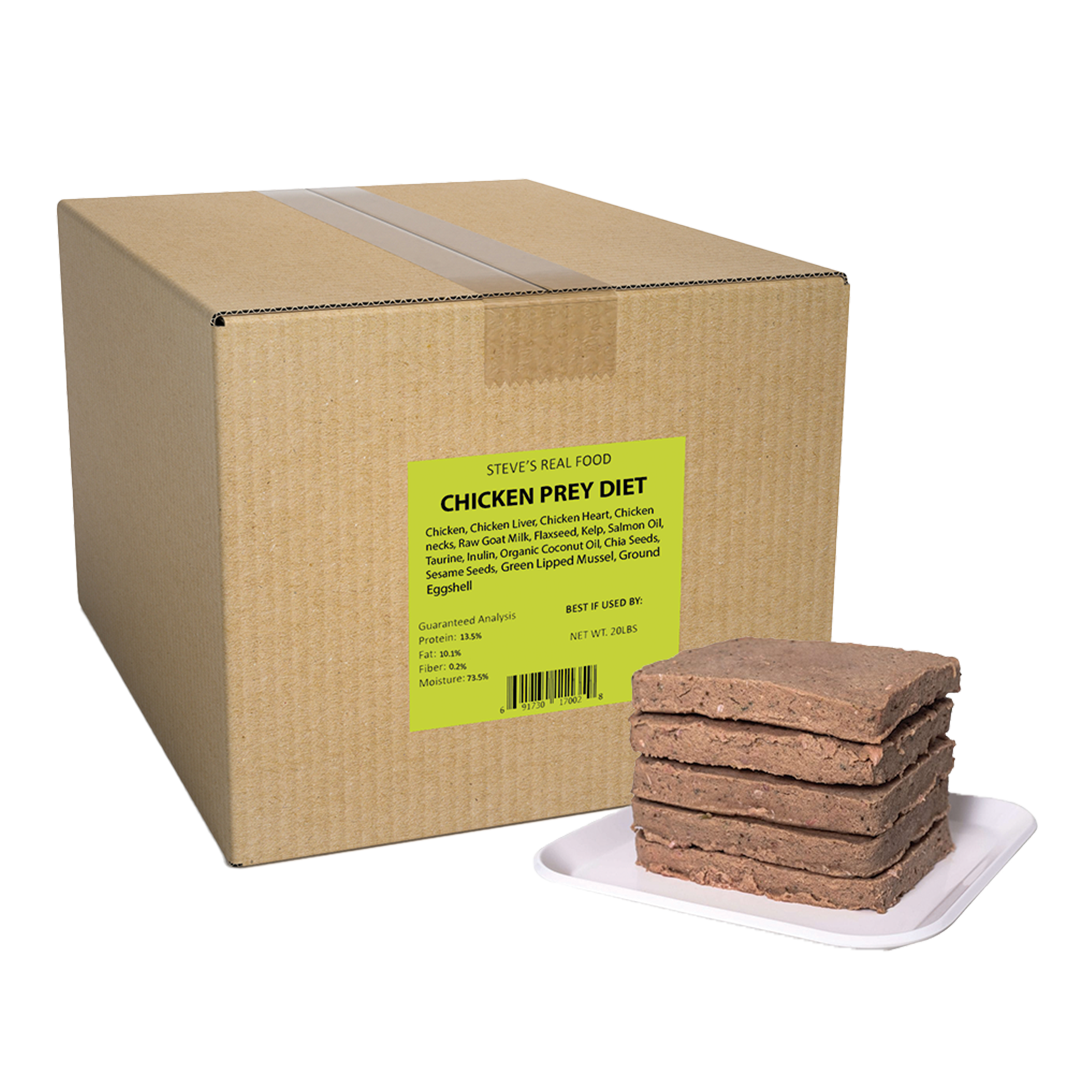 Frozen Prey Diet
Frozen Prey Diet
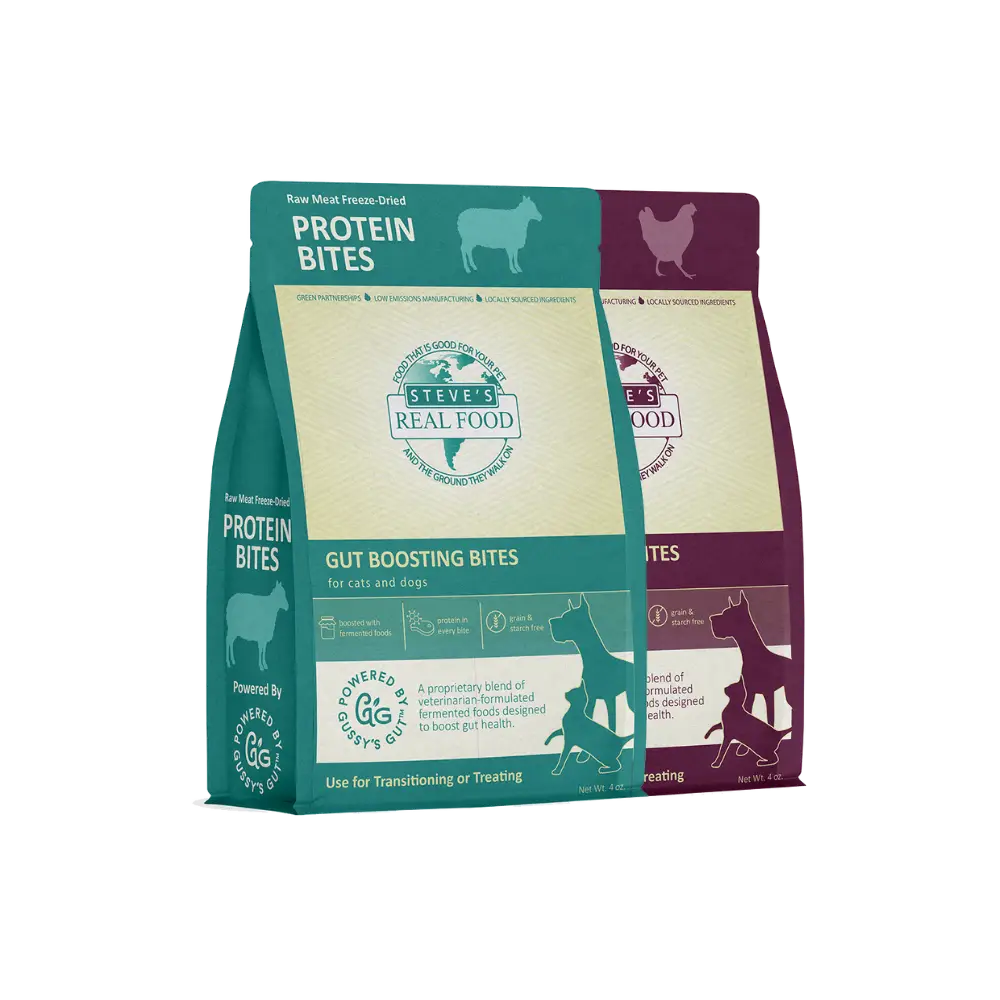 Freeze Dried Protein Bites
Freeze Dried Protein Bites
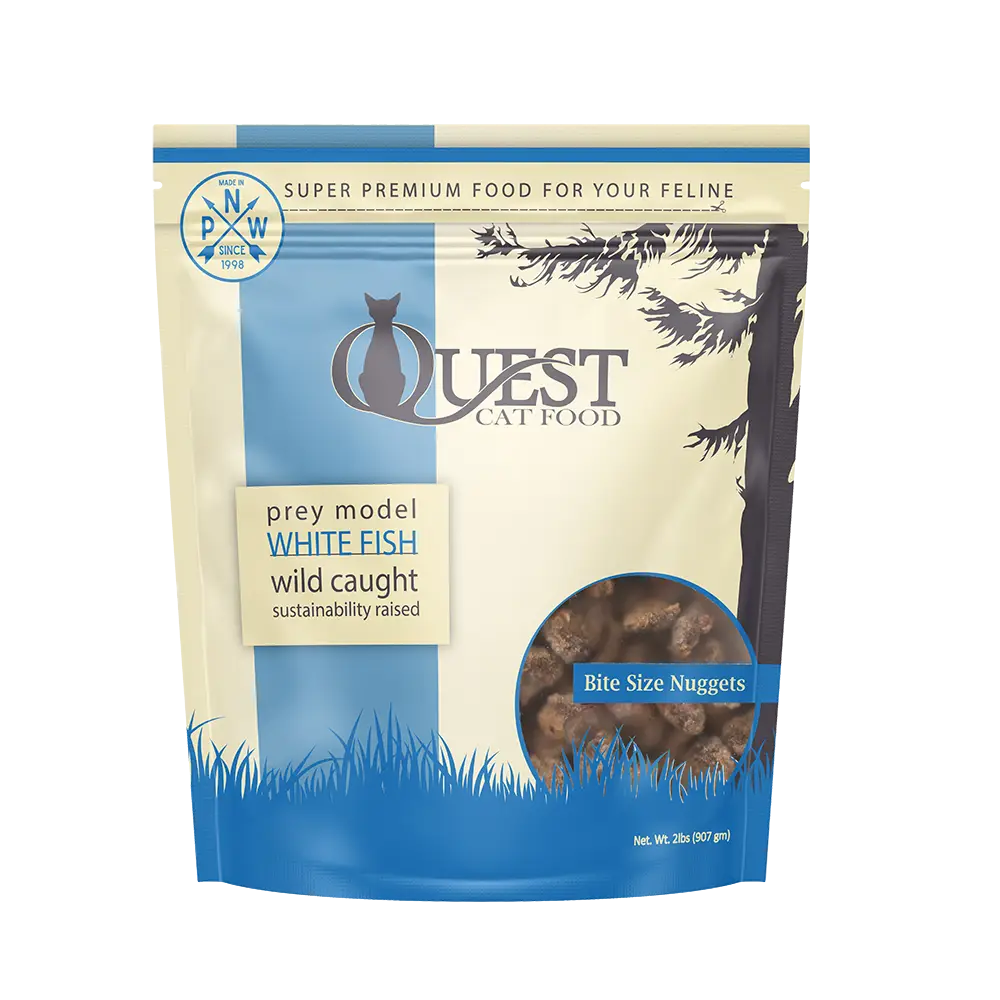 Frozen Quest
Frozen Quest
 Freeze Dried Quest
Freeze Dried Quest
 Eggs over Easy
Eggs over Easy
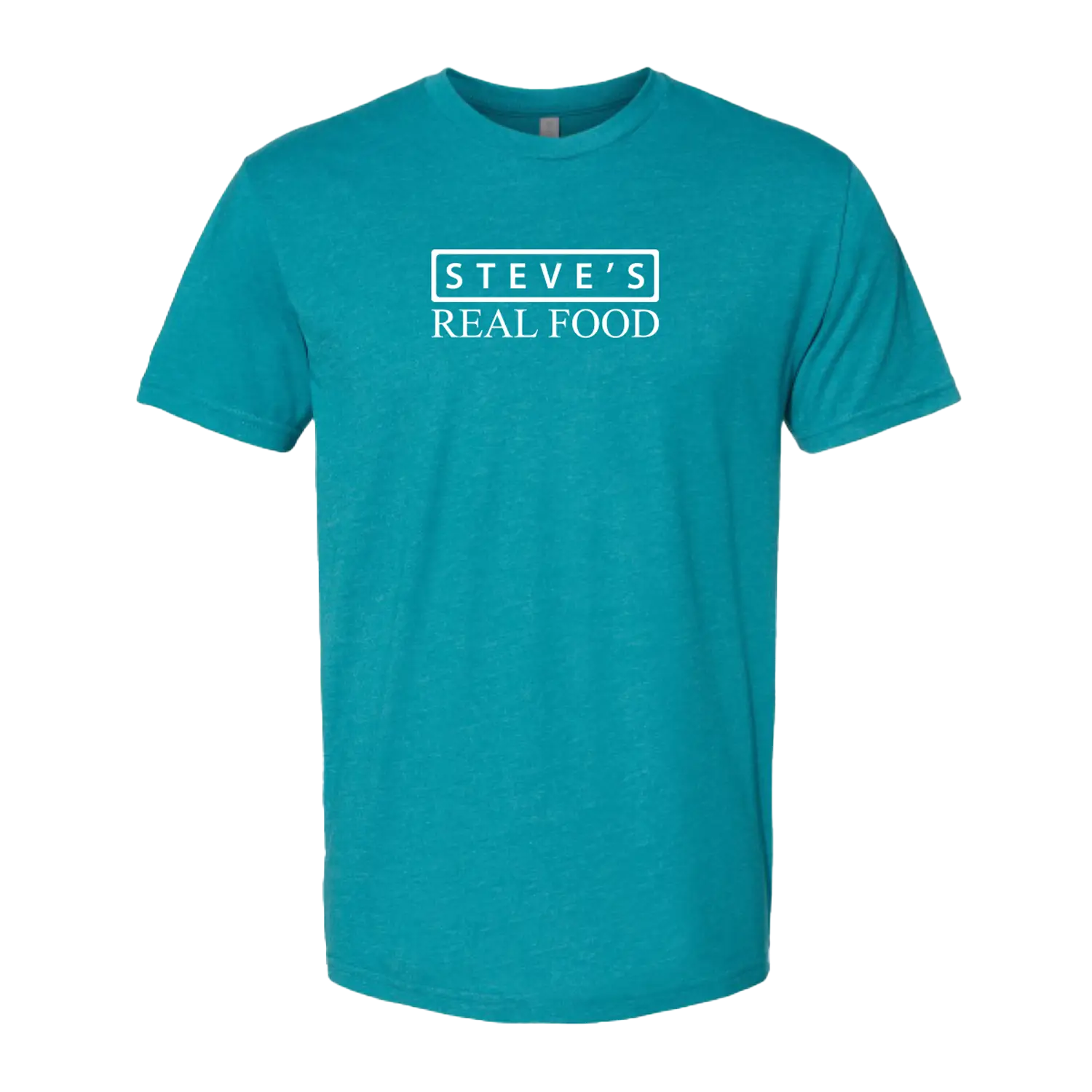 Steve's Merch
Steve's Merch 